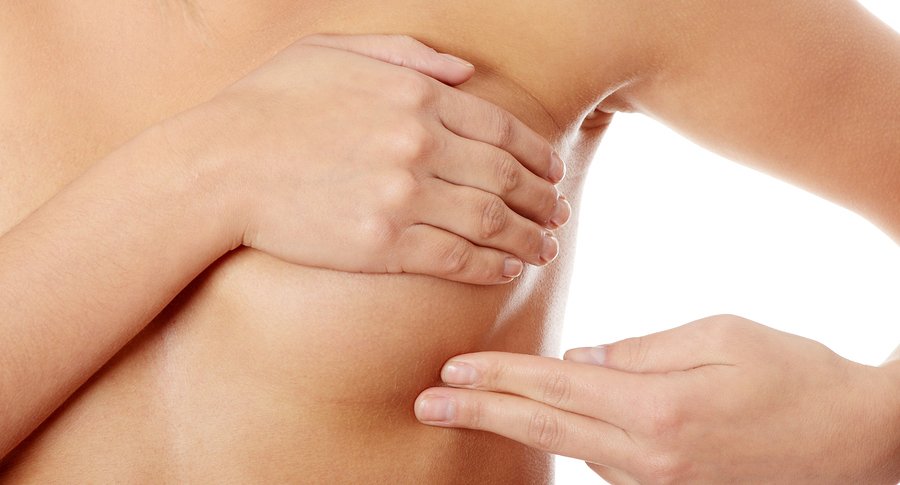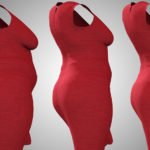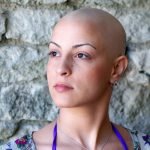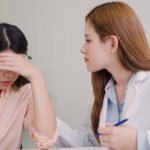Should You Perform Voluntary Breast Removal?
More and more women are now opting for voluntary breast removal (bilateral prophylactic mastectomy) after testing positive for what is being called “the breast cancer gene.”
This is obviously not a simple issue with a simple one-size-fits-all conclusion. It’s also important to note that there is one huge piece being left out of the equation — a piece that could significantly affect outcomes.
First, understand, a positive test for the BRCA gene mutation does not mean that you will definitely get cancer, but it definitely increases the likelihood that you will get it during your lifetime.
Women who have a mutation in one of the known breast cancer genes, BRCA1, and a strong family history of the disease, can have up to an 80% risk of developing breast cancer during their lifetime. That’s huge. That means that approximately 8 out of 10 women with this gene mutation AND a strong family history can expect to develop breast cancer. On the other hand, the gene mutation WITHOUT a strong family history results in only a 10% chance of developing breast cancer. That’s an 800% variation in the outcome — depending on family history. It’s also worth noting that the odds of getting breast cancer if you have the mutated gene and no family history are actually just about the same as if you didn’t have the bad gene at all. Which brings us to the missing piece of the equation that I alluded to above.
So what does family history mean? Most people assume it means genetics, but not necessarily. It also means that you and your family live much of your lives growing up in the same environment, eating the same diet, and following similar lifestyles.
- According to recent studies, if you grow up on a farm, you, your siblings, and your parents have a 200-400% increased risk of breast cancer. (As a side note, I haven’t heard anyone suggesting that any girl who grew up on a farm should have her breasts removed.)
- There are also numerous studies that equate high dairy consumption with increased rates of breast cancer — most likely associated with high levels of estrogens and growth hormones found in commercial dairy. If that’s what your family served at the dinner table, that’s what you and your family all ate together.
- Heavy metals such as cadmium may also play a role in increasing breast cancer rates. So if you grew up in an environment high in cadmium, then you and your family would face the same increased risk.
- Etc., etc., etc.
You get the idea. Often what people term “family history” is, in fact, nothing more than shared environmental and dietary history — and that history you can change.
- Pesticides can be detoxed out of the body
- Estrogen dominance can be balanced out with natural progesterone creme
- Heavy metals can be chelated
That means, theoretically, that even with a bad gene AND a family history, you might be able to drop your odds of getting breast cancer to 10%, or less. When faced with that number, prophylactic removal of breasts may not sound like such a good idea.
And finally, it’s also worth noting that removing your breasts doesn’t get rid of the underlying cause of cancer — just one place that it might manifest. The bad gene is not the cause of the cancer; it merely makes you more susceptible. If it were the actual cause, then you wouldn’t have an 800% variation in the numbers of women who have the bad gene and get cancer. Bottom line: if you remove your breasts, you may not get breast cancer, but you haven’t changed your odds of getting uterine cancer, liver cancer, lymph cancer, etc. Check out: Cancer, the Big Lie.












Keep up this great resource. best greetings!